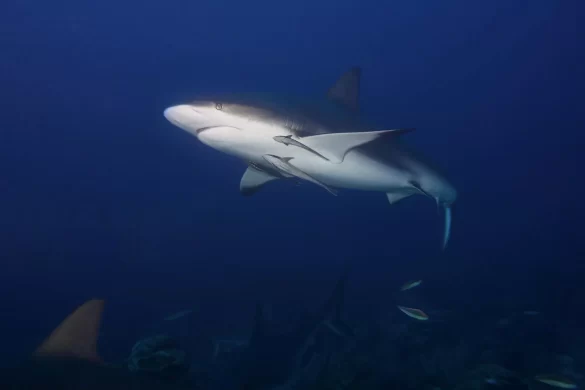Should all marine reserves ban fishing? Not necessarily, new study shows
It found that no-take MPAs increased fish biomass by 58.2%, and multiple-use MPAs increased by 12.6% compared to zones without any form of protection; the study also found that both types of MPAs were more than 97% likely to improve fish populations. Read more here.
Projecting contributions of marine protected areas to rebuild fish stocks under climate change
No-take marine protected areas (No-take MPAs) are considered as a major tool for conserving marine biodiversity and ecosystem services. Read more here.
New Important Marine Mammal Areas (IMMAs) approved in an expanding portfolio of global ocean areas needing urgent conservation efforts
The newly approved IMMAs represent the final result of a full-year process, including an intensive week-long scientific workshop assessing and presenting data on candidate IMMAs which were then submitted for peer review. Read more here.
Harnessing the power of Artificial Intelligence for ocean conservation
Ocean conservation stands at the front line of global environmental priorities as humanity is battling with increasing challenges that threaten the world’s marine ecosystems. Read more here.
Volunteers become citizen scientists to help humpback whale conservation efforts
The Sanctuary Ocean Count covers the Big Island, Kauaʻi, Molokaʻi and Oʻahu while the Great Whale Count is done on Maui and Lānaʻi. Read more here.

